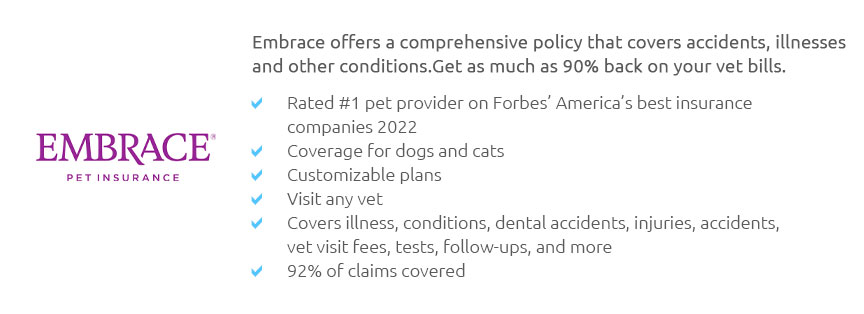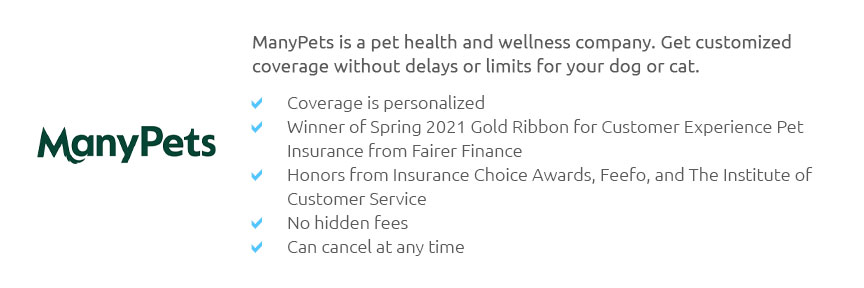 |
 |
 |
 |
 |
 |
|
 |
|
 |
|
 |
|
 |
|
 |
 |
 |
 |
 |
 |
 |
 |
The Intricacies of Pet Insurance: A Comprehensive ExplorationAs pet ownership continues to rise across the globe, with more households welcoming animals into their homes, the discussion surrounding pet insurance has become increasingly relevant. For many pet owners, their furry companions are not merely animals; they are cherished members of the family. As such, ensuring their well-being is paramount, and insurance provides a safety net for unforeseen circumstances. However, the decision to invest in pet insurance is not always straightforward. There are several facets one must consider before making such a commitment. Understanding the Basics First and foremost, understanding what pet insurance entails is crucial. Essentially, pet insurance is designed to cover veterinary expenses incurred due to accidents or illnesses. Policies can vary significantly, ranging from basic coverage plans that handle accidents only, to more comprehensive packages that include routine care such as vaccinations and dental check-ups. It's important for pet owners to evaluate what kind of coverage best suits their needs and those of their pet. For instance, if one owns a breed prone to certain hereditary conditions, a policy that covers genetic illnesses might be advisable. Financial Considerations Next, the financial aspect cannot be overlooked. The cost of pet insurance premiums can differ based on several variables including the animal's age, breed, and overall health. Younger pets typically have lower premiums, while older animals or breeds with known health issues may incur higher costs. Moreover, some policies come with deductibles, co-pays, and maximum payout limits, all of which should be carefully scrutinized. It's essential to weigh these costs against the potential veterinary expenses one might face without insurance. An emergency surgery or chronic condition can lead to significant out-of-pocket expenses, and insurance can alleviate this financial burden. Evaluating the Benefits Furthermore, one must consider the benefits beyond financial savings. Having pet insurance can provide peace of mind, knowing that unexpected health issues won't necessitate making difficult decisions based on cost alone. This peace of mind is invaluable for many pet owners who see their animals as family members. Additionally, insurance can afford access to a broader range of treatments and higher-quality care, which might be financially prohibitive otherwise. Potential Drawbacks However, it is also important to consider potential drawbacks. Not all insurance plans cover pre-existing conditions, which can be a significant limitation for some pets. Moreover, the claims process can sometimes be cumbersome, requiring thorough documentation and waiting periods for reimbursement. As such, it's vital to read the fine print and understand the exclusions and conditions of any policy before committing. Conclusion In conclusion, while pet insurance can be a valuable tool in managing veterinary expenses and ensuring the health and well-being of pets, it is not a one-size-fits-all solution. Prospective buyers should carefully assess their pet's needs, their financial situation, and the specifics of available insurance policies. By doing so, they can make an informed decision that best supports their beloved animal companions. As the landscape of pet care continues to evolve, so too will the options and considerations surrounding pet insurance, making it an essential topic for ongoing discussion and evaluation. https://www.petsbest.com/
Pets Best offers pet insurance plans for dogs and cats covering up to 90% of your unexpected veterinary costs with no annual or lifetime payout limits and ... https://www.costco.com/pet-insurance.html
As a Costco Member, you are eligible to receive an exclusive 15% pet insurance discount* through Figo Pet Insurance. The 15% discount reflects the percentage of ... https://www.healthypawspetinsurance.com/
Pet insurance for dogs & cats through Healthy Paws covers new accidents, illnesses, emergency care, and more with no limits on claim payouts.
|